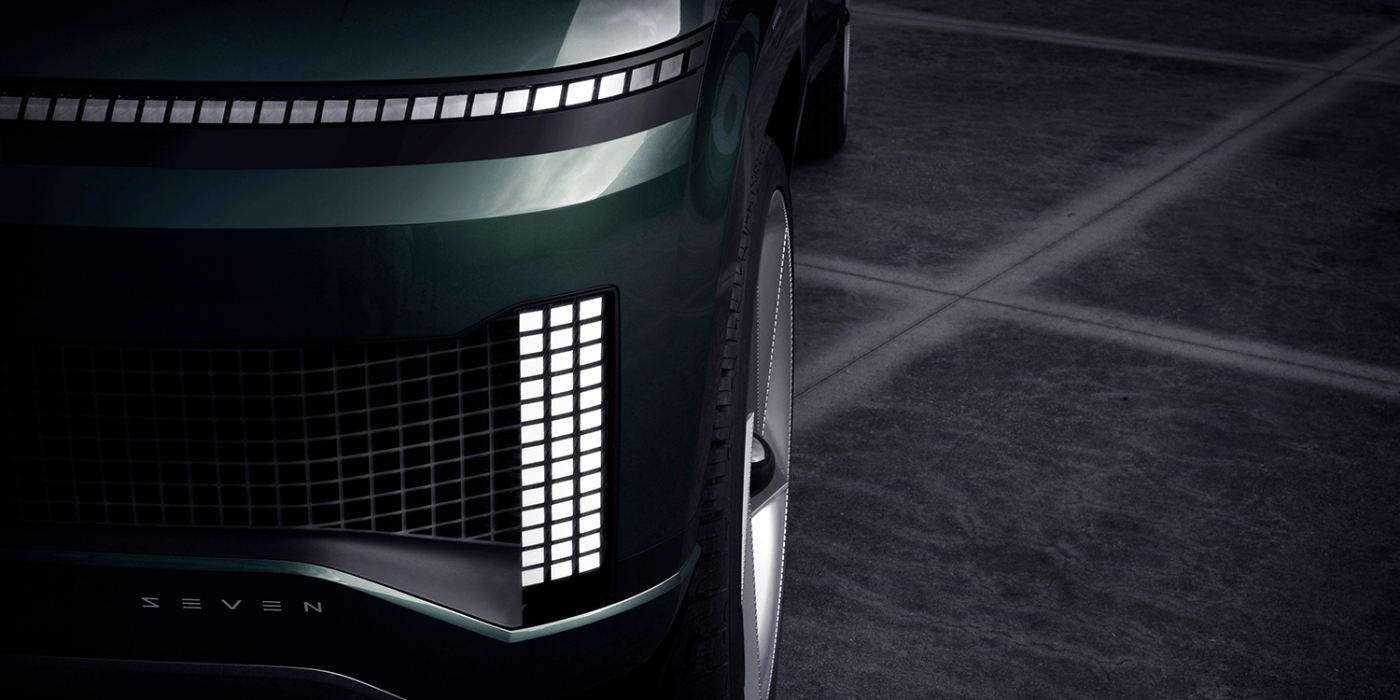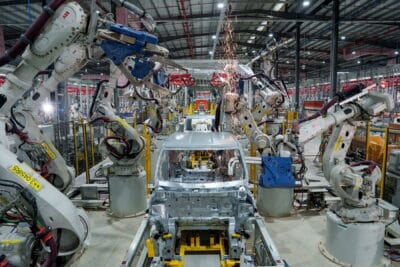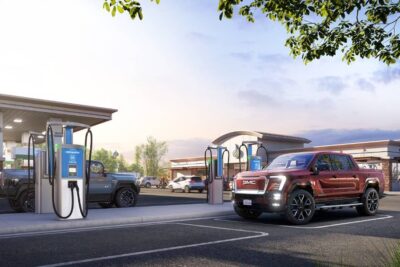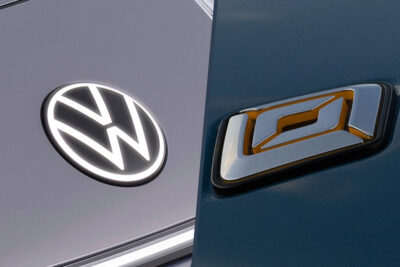Hyundai to manufacture the GV70 in the USA
After the Hyundai Motor Group announced in May it would produce electric cars in the USA from 2022, there are now more details: The first electric model the group will produce in Alabama will be the Genesis GV70 EV from early 2022. Meanwhile, Hyundai has released a teaser image of its concept ‘Seven’.
First to the US. Korean media report the electric Genesis GV70 as Hyundai Group’s debut model in the US, citing information provided by the manufacturer at a meeting with union representatives. Other electric models such as the Hyundai Ioniq 5, the Hyundai Kona Electric and the Genesis GV60 are to follow successively. South Korean media also report that the GV70 EV will kick off as a mid-size SUV, as its internal combustion counterpart launched in the US in June is showing strong sales figures.
Basically, the climbing sales figures of its internal combustion models in the US and the resulting increased visibility and awareness are said to have encouraged the Hyundai Group to make the move to local electric car production. The premium brand Genesis alone has been represented in the USA since this year with the GV80 as a sedan and SUV and the aforementioned GV70. Now, with an eye on the large e-car market that the US represents, the electrification of the model range is to be tackled.
Against this background, the Hyundai Motor Group had already announced in the spring that it intended to produce electric cars locally for the group’s brands from next year. This was part of a total investment of 7.4 billion US dollars (about 6.1 billion euros) by 2025 in the group’s business in the United States, it said. It was already clear at the time that the E-models would be manufactured at Hyundai’s Montgomery plant in the US state of Alabama.
The South Korean company now confirmed this once again. Hyundai currently builds the Elantra, Sonata, Tucson and Santa Fe models – sedans and SUVs – at the Montgomery plant. All four models are part of Hyundai’s core product range in the USA. The four model series will apparently continue to be built unchanged for the time being, as Hyundai wants to invest in an “expansion of the production areas for electric vehicles” – however, the Koreans continue to give no details on the exact area and planned capacity of the expansion building.
According to the media reports, the background to the move is also the policy of the new US administration under Joe Biden. Hyundai Motor intends to react to the US government’s policy in advance, writes Business Korea, referring to US President Joe Biden’s draft plan to increase the share of electric cars in new vehicle sales to 50 per cent by 2030.
In the short term, therefore, sales of the battery-electric series are to be pushed, while in the medium term Hyundai will continue to focus on hydrogen. Together with the US government and partners, an American hydrogen ecosystem is to be established, from which passenger cars such as the Nexo, but especially FCEV trucks, can benefit. For commercial vehicles, Hyundai has previously signed an agreement with the US company Cummins to accelerate the deployment of fuel cell electric systems in the US market. Hyundai also plans to invest an undisclosed portion of the $7.4 billion in urban air mobility and robotics.
Meanwhile, Hyundai has released a first official teaser of the battery-electric concept car Seven, which will be presented at AutoMobility LA on 17 November – apparently a preview of the Hyundai Ioniq 7. A statement from the South Koreans says that the study gives a preview “of the first SUV model of the (…) Hyundai Ioniq sub-brand”.





1 Comment